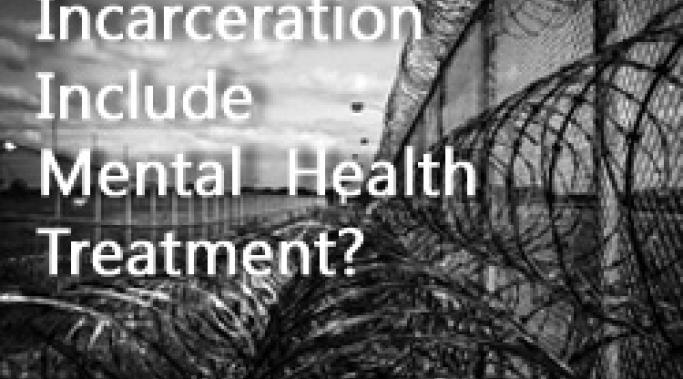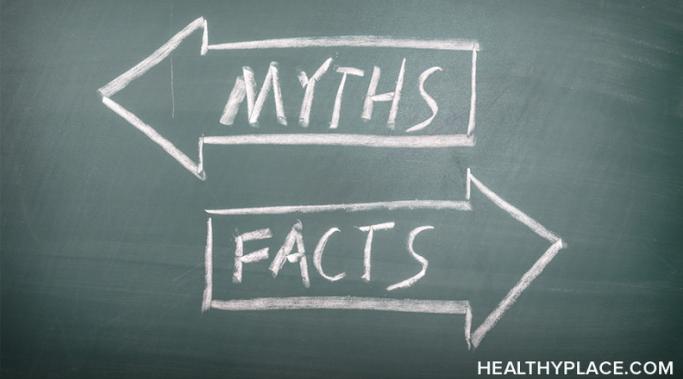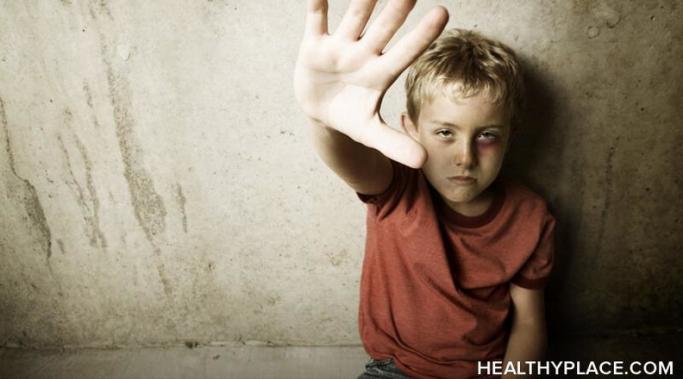Pokemon Go has taught me many things about mental health coping skills. Coping skills are vital to recovery--they're the bricks and mortar of building a new foundation for your life (Coping Skills for Mental Health and Wellbeing). Coping skills vary by person, and one of mine is playing Pokemon Go (I have the weight loss, buff legs, and sunburn to prove it). Here is what Pokemon Go taught me about mental health coping skills.
Stigma - Recovering from Mental Illness
Should incarceration include mental health treatment? My youngest brother scared his wife half to death once. He texted her from work, "We are all okay, but we just got robbed." His budget cell phone deleted the first part of that message, so she spent several hours trying to find out that a man walked into the Petco without a mask, demanded money (no weapon), and left plenty of fingerprints and a superb profile on the CCTV. He got away with $100. We later learned drugs and mental illness were involved (Treating Criminal Justice-Involved Drug Abusers and Addicts). He committed the crime because he was sick. That raises the question, "Should incarceration include mental health treatment?"
There are many myths about child sexual abuse but I'm going to focus on three (What Is Child Sexual Abuse?). Three myths about child sexual abuse are that all abused children tell someone, all victims of childhood sexual abuse have physical trauma, and all victims of childhood sexual abuse will grow up to become sex offenders. Let's take a closer look at these child sexual abuse myths.
There is a lot of stigma when it comes to living openly with mental illness. When I was a child, HIV/AIDS was the bogeyman. The stigma, driven by fear, was strong, which kept people from talking about it and contributed to the spread of the disease. People were afraid you could get the virus from a toilet seat, and the thought of touching, let alone kissing, someone with the disease was unthinkable. It was worse than a death sentence; it meant that you died a leper. Mental illness is where HIV/AIDS was 30 years ago. Living openly with mental illness equals feeling stigma.
There are common transgender myths people believe. With recent events thrusting transgendered individuals into the spotlight, my Facebook page has lit up with comments on the subject. A common thread of the transphobic posts is based on common transgender myths people believe. Here are three of the most common transgender myths people believe.
There are many things some men don't know about rape (Do Women Enjoy Being Raped? Myths About Rape). Presidential candidate Donald Trump recently accepted an endorsement from convicted rapist Mike Tyson, calling him a "tough guy" and saying he was "railroaded." This has not gone over well in Indiana, where Tyson was convicted and served three years in a youth prison before getting early release. It made me think of Mike Tyson, Donald Trump, and what men don't know about rape.
There are three things mental health professionals don't know about their clients because of stigma. Sometimes we're lucky and get a mental health professional who understands us, but many times we get a mental health professional who believes myths about mental illness or about mental health consumers. I've met many mental health professionals, and I would like for them all to understand three things: one, we're not children, two, we have an illness and not a character fault, and three, each case is unique.
There are many myths about posttraumatic stress disorder (PTSD). Due to the stigma of mental illnesses such as PTSD, myths are common. The best way to address a myth is by educating people with the truth. So here are three myths about PTSD.
Is sexual abuse an epidemic? Recently, I was in my church's library and I found a copy of Sexual Abuse In Christian Homes and Churches by Carolyn Holderread Heggen, a Christian counselor specializing in sexual abuse recovery (Books on Sexual Abuse, etc.) She claims that sexual abuse is an epidemic.
What are three myths about psychiatric patients? There are many misconceptions about mental health consumers, largely fueled by stigma and ignorance. I've dealt with three psychiatric patient myths over the course of my life, each one harmful in its own way.









